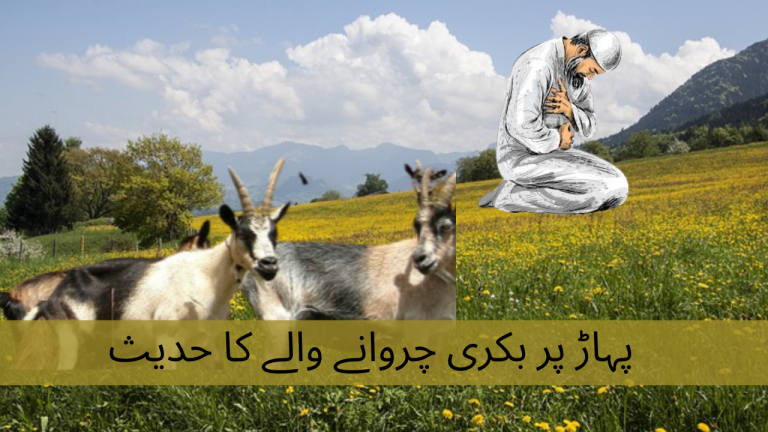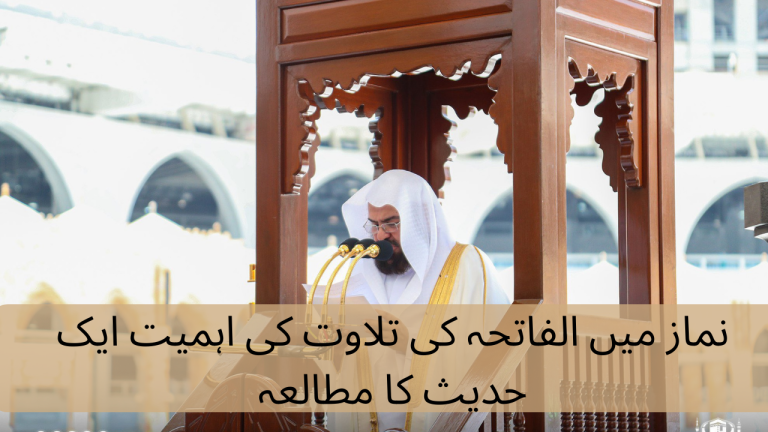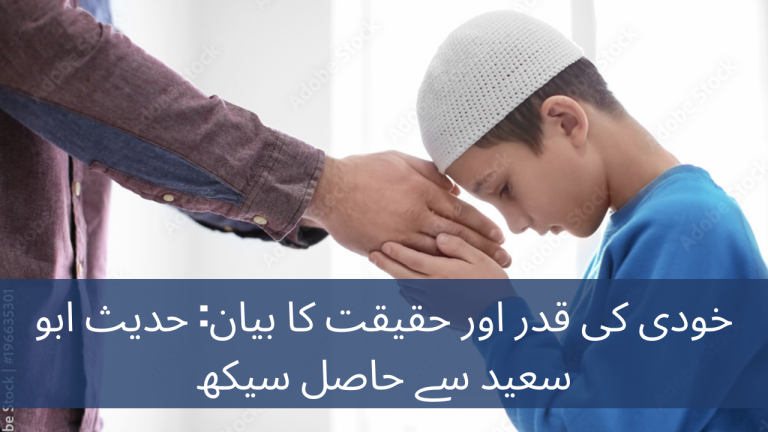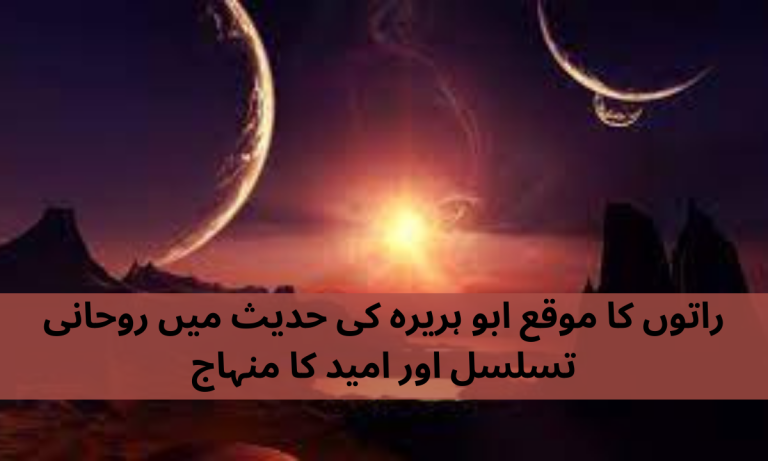The Divine Dialogue Compassion, Humility, and Accountability in Benevolence

The Divine Dialogue Compassion, Humility, and Accountability in Benevolence On the authority of Abu Hurayrah (may Allah be pleased with him), who said that the Messenger of Allah (ﷺ) said:
The Divine Dialogue Compassion, Humility, and Accountability in Benevolence
Allah (mighty and sublime be He) will say on the Day of Resurrection: O son of Adam, I fell ill and you visited Me not. He will say: O Lord, and how should I visit You when You are the Lord of the worlds? He will say:
Did you not know that My servant So-and-so had fallen ill and you visited him not? Did you not know that had you visited him you would have found Me with him? O son of Adam, I asked you for food and you fed Me not. He will say: O Lord, and how should I feed You when You are the Lord of the worlds? He will say:
Did you not know that My servant So-and-so asked you for food and you fed him not? Did you not know that had you fed him you would surely have found that (the reward for doing so) with Me? O son of Adam, I asked you to give Me to drink and you gave Me not to drink. He will say:
O Lord, how should I give You to drink when You are the Lord of the worlds? He will say: My servant So-and-so asked you to give him to drink and you gave him not to drink. Had you given him to drink you would have surely found that with Me.
It was related by Muslim.
عَنْ أَبِي هُرَيْرَةَ رَضِيَ اللَّهُ عَنْهُ قَالَ: قَالَ رَسُولُ اللَّهِ صَلَّى اللَّهُ عَلَيْهِ وَسَلَّمَ: ” إِنَّ اللَّهَ عَزَّ وَجَلَّ يَقُولُ يَوْمَ الْقِيَامَةِ: يَا ابْنَ آدَمَ، مَرِضْتُ فَلَمْ تَعُدْنِي(1) قَالَ: يَا رَبِّ كَيْفَ أَعُودُكَ وَأَنْتَ رَبُّ الْعَالَمِينَ؟ قَالَ: أَمَا عَلِمْتَ أَنَّ عَبْدِي فُلَانًا مَرِضَ فَلَمْ تَعُدْهُ؟ أَمَا عَلِمْتَ أَنَّكَ لَوْ عُدْتَهُ لَوَجَدْتَنِي عِنْدَهُ. يَا ابْنَ آدَمَ: اسْتَطْعَمْتُكَ فَلَمْ تُطْعِمْنِي، قَالَ: يَا رَبِّ وَكَيْفَ أُطْعِمُكَ وَأَنْتَ رَبُّ الْعَالَمِينَ؟
قَالَأَمَا عَلِمْتَ أَنَّهُ اسْتَطْعَمَكَ عَبْدِي فُلَانٌ فَلَمْ تُطْعِمْهُ؟ أَمَا عَلِمْتَ أَنَّكَ لَوْ أَطْعَمْتَهُ لَوَجَدْتَ ذَلِكَ عِنْدِي. يَا ابْنَ آدَمَ: اسْتَسْقَيْتُكَ فَلَمْ تَسْقِنِي، قَالَ: يَا رَبِّ كَ أَسْقِيكَ وَأَنْتَ رَبُّ الْعَالَمِينَ؟ قَالَ اسْتَسْقَاكَ عَبْدِي فُلَانٌ فَلَمْ تَسْقِهِ، أَمَا إِنَّكَ لَوْ سَقَيْتَهُ لَوَجَدْتَ ذَلِكَ عِنْدِي
رواه مسلم
Arabic
عَنْ أَبِي هُرَيْرَةَ رَضِيَ اللَّهُ عَنْهُ قَالَ: قَالَ رَسُولُ اللَّهِ صَلَّى اللَّهُ عَلَيْهِ وَسَلَّمَ: ” إِنَّ اللَّهَ عَزَّ وَجَلَّ يَقُولُ يَوْمَ الْقِيَامَةِ: يَا ابْنَ آدَمَ، مَرِضْتُ فَلَمْ تَعُدْنِي(1) قَالَ: يَا رَبِّ كَيْفَ أَعُودُكَ وَأَنْتَ رَبُّ الْعَالَمِينَ؟ قَالَ: أَمَا عَلِمْتَ أَنَّ عَبْدِي فُلَانًا مَرِضَ فَلَمْ تَعُدْهُ؟ أَمَا عَلِمْتَ أَنَّكَ لَوْ عُدْتَهُ لَوَجَدْتَنِي عِنْدَهُ. يَا ابْنَ آدَمَ: اسْتَطْعَمْتُكَ فَلَمْ تُطْعِمْنِي، قَالَ:
يَا رَبِّ وَكَيْفَ أُطْعِمُكَ وَأَنْتَ رَبُّ الْعَالَمِينَ؟ قَالَ أَمَا عَلِمْتَ أَنَّهُ اسْتَطْعَمَكَ عَبْدِي فُلَانٌ فَلَمْ تُطْعِمْهُ؟ أَمَا عَلِمْتَ أَنَّكَ لَوْ أَطْعَمْتَهُ لَوَجَدْتَ ذَلِكَ عِنْدِي. يَا ابْنَ آدَمَ: اسْتَسْقَيْتُكَ فَلَمْ تَسْقِنِي، قَالَ: يَا رَبِّ كَ أَسْقِيكَ وَأَنْتَ رَبُّ الْعَالَمِينَ؟ قَالَ اسْتَسْقَاكَ عَبْدِي فُلَانٌ فَلَمْ تَسْقِهِ، أَمَا إِنَّكَ لَوْ سَقَيْتَهُ لَوَجَدْتَ ذَلِكَ عِنْدِي.
Urdu
حضرت ابو ہریرہؓ نے روایت کی ہے کہ رسول اللہﷺ نے فرمایا: “قیامت کے دن اللہ عزوجل فرمائے گا: ‘اے آدمی! میں بیمار ہوگیا تھا تو تونے مجھے عیادت نہیں کی.’ بنی آدم جواب دے گا: ‘ای رب! تو کون ہے جو تجھے عیادت کرے؟ تو تو عالموں کا رب ہے.’ اللہ کہے گا: ‘کیا تجھے معلوم نہیں کہ میرا بندہ فلان بیمار ہوا تھا اور تو نے اسے عیادت کی؟ کیا تجھے معلوم نہیں کہ تو اگر اسے عیادت کرتا تو تجھے میرے پاس اُسکے ساتھ پائے جاتا؟
اے بنی آدم! میں نے تجھے کھانا دیا تھا مگر تو نے مجھے کھلایا نہیں. جواب دے گا: ‘ای رب! تو کون ہے جو تجھے کھلائے؟ تو تو عالموں کا رب ہے.’ اللہ فرمائے گا: ‘کیا تجھے معلوم نہیں کہ میرا بندہ فلان تجھ پر کھانا بھیچتا تھا اور تو نے اسے کھلایا نہیں؟ کیا تجھے معلوم نہیں کہ اگر تو اسے کھلاتا تو تجھے میرے پاس اُسکے عمل ملتے؟
اے بنی آدم! میں نے تجھ سے برسات میں بھی ماءنگا مگر تو نے مجھے پانی نہیں دیا.’ جواب دے گا: ‘ای رب! تو کون ہے جو تجھے پانی دے؟ تو تو عالموں کا رب ہے.’ اللہ کہے گا: ‘میرا بندہ فلان نے تجھ سے برسات میں ماءنگا مگر تو نے اسے پانی نہیں دیا۔ یہ جان لو کہ اگر تو اسے پانی دیتا تو تجھے میرے پاس اُسکے عمل ملتے۔’
English
Narrated Abu Huraira (may Allah be pleased with him): The Prophet Muhammad (peace be upon him) said, “Allah, the Exalted, will say on the Day of Resurrection: ‘O son of Adam, I was sick and you did not visit Me.
‘ The person will reply, ‘O Lord, how could I visit You when You are the Lord of the worlds?’ Allah will say, ‘Did you not know that My servant so-and-so was sick and you did not visit him? Did you not realize that if you had visited him, you would have found Me with him? O son of Adam, I asked you for food and you did not feed Me.
‘ The person will respond, ‘O Lord, how could I feed You when You are the Lord of the worlds?’ Allah will say, ‘Did you not know that My servant so-and-so asked you for food and you did not feed him? Did you not realize that if you had fed him, you would have found that reward with Me? O son of Adam, I asked you for water and you did not give Me to drink.
‘ The person will say, ‘O Lord, how could I give You to drink when You are the Lord of the worlds?’ Allah will say, ‘My servant so-and-so asked you for water and you did not give him to drink. Did you not realize that if you had given him to drink, you would have found that reward with Me?'” (Sahih Muslim)
The hadith you provided carries several profound benefits and lessons for believers
Importance of Compassion and Care
- The hadith emphasizes the significance of visiting the sick, feeding the hungry, and giving water to the thirsty. It encourages believers to show compassion and care for those in need, as these actions are considered as if done directly for Allah.
Recognition of Allah’s Presence in Good Deeds
- The hadith teaches that by performing acts of kindness and service to others, believers can find the reward and presence of Allah. It underscores the concept of serving humanity as a means of drawing closer to the divine.
Understanding Divine Accountability
- The hadith serves as a reminder of the individual’s accountability before Allah. It highlights that neglecting the needs of others is equivalent to neglecting Allah’s own needs, and individuals will be held accountable for their actions.
Humility and Recognition of Allah’s Sovereignty
- The responses of the person in the hadith reflect humility and a recognition of Allah’s sovereignty. Despite being the Lord of the worlds, Allah is intimately connected to the welfare of His creation.
Mutual Dependence and Interconnectedness
- The hadith portrays the interconnectedness of human beings and their dependence on one another. It emphasizes the reciprocal nature of care and service, illustrating that by helping others, individuals are, in fact, serving Allah.
Encouragement for Acts of Charity
- Believers are encouraged to engage in acts of charity, including visiting the sick, feeding the hungry, and providing water to the thirsty. These actions are not only virtuous in themselves but also lead to spiritual closeness to Allah.
Recognition of the Value of Small Deeds
- The hadith underscores that even seemingly small deeds, such as visiting the sick or giving water, hold great significance in the sight of Allah. It encourages believers to value and prioritize even the simplest acts of kindness.
Promotion of Empathy and Compassion
- The hadith promotes empathy and compassion by highlighting the importance of understanding and responding to the needs of others. It encourages believers to put themselves in the shoes of those who are suffering and respond with kindness.
In summary, this hadith encourages a compassionate and caring attitude, recognizing the divine significance of simple acts of kindness. It serves as a guide for believers to live a life of service, recognizing the presence of Allah in their interactions with others and understanding the interconnectedness of all humanity.
Conclusion
This hadith teaches believers the profound significance of compassionate acts, humility, and divine accountability. It emphasizes caring for the sick, feeding the hungry, and providing water to the thirsty as direct acts of devotion to Allah.
The dialogue within the hadith serves as a powerful reminder of human interconnectedness, the value of even the smallest deeds, and the importance of recognizing Allah’s presence in every act of kindness. It encapsulates a holistic approach to benevolence, urging believers to embody empathy, humility, and social responsibility in their daily lives





